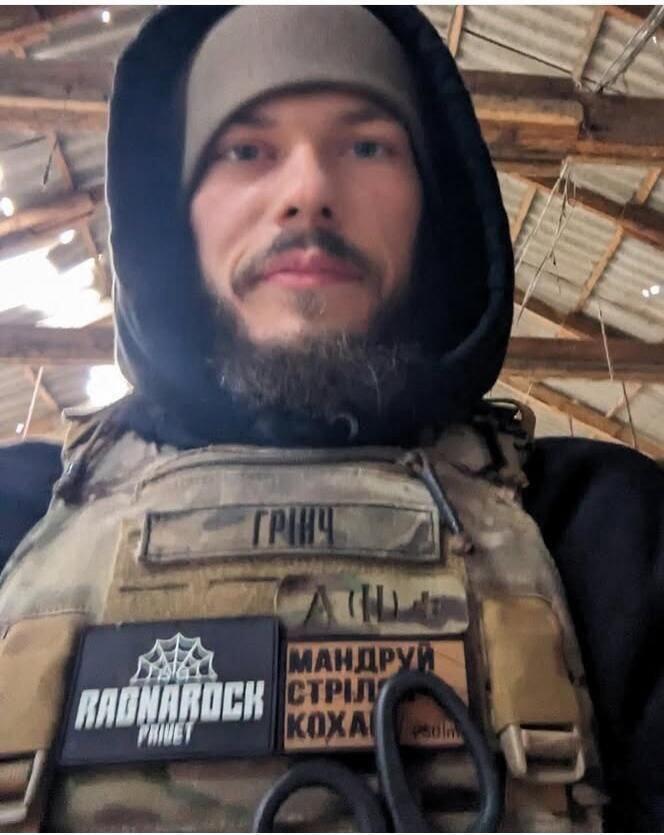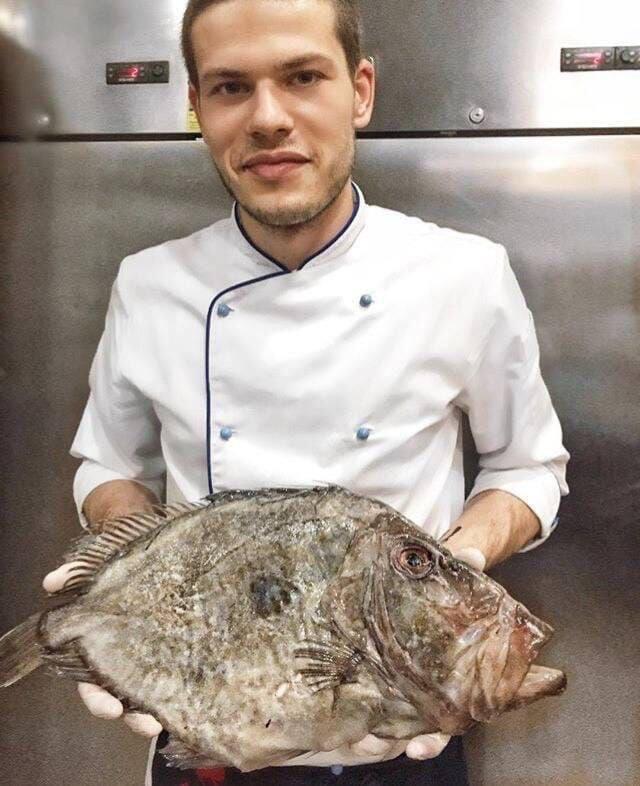A third Jewish soldier in the Ukrainian army has been killed in recent weeks. Zvi-Hirsch (Grisha) Zvurgzeda, 32, from Odesa, was killed in heavy fighting on the Kherson front, where he served in the 34th Amphibious Brigade—an elite unit tasked with defending against incursions from the Black Sea and nearby rivers.
Zvurgzeda, a professional chef, had dreamed of opening Europe’s first Michelin-starred kosher restaurant in his hometown. He was called up from the reserves after fighting intensified. He is survived by his wife and two children—Elisa, 4 and Lev, 5.
His funeral was held in Odesa after intervention by Rabbi Yakov Sinyakov, the representative of Ukraine’s Federation of Jewish Communities, who helped prevent an autopsy and ensured Zvurgzeda received a traditional Jewish burial. The effort was coordinated with Odesa’s chief rabbi and Chabad emissary, Rabbi Abraham Wolff.
Get the Ynetnews app on your smartphone: Google Play: https://bit.ly/4eJ37pE | Apple App Store: https://bit.ly/3ZL7iNv
Zvurgzeda’s death follows that of Jewish soldier Andriy Korovsky from Zhytomyr, who died from a heart attack while operating drones on the front line last week. According to reports, Korovsky had been previously injured but chose to return to combat, where he later died.
Two weeks ago, Jewish actor and journalist Maksym Nelipa was also killed in eastern Ukraine. Nelipa, 44, was once a popular reality TV host. He enlisted at the start of the war, served as a combat soldier and was recently promoted to company commander. After being wounded in January, he returned to the front—where he was killed. His son Artyom currently serves as a combat soldier in the IDF’s Golani Brigade.
The Federation of Jewish Communities is working to secure military burial plots for Jewish soldiers, arrange religious funerals and prevent cremation—a practice that has become increasingly common in Ukraine’s military due to battlefield conditions.
According to the federation’s chair Rabbi Mayer Stambler, around 200 Jewish soldiers have been killed in the war so far. “We’re not only ensuring Jewish burials,” he said, “but also supporting families, organizing prayers and reciting Kaddish in memory of the fallen.”




